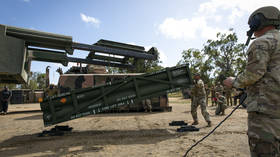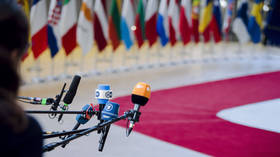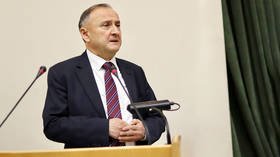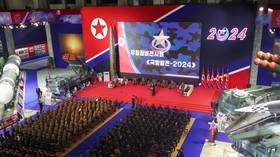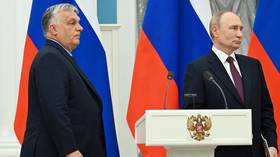Nestle and Mars may face $10mn fine for 'chocolate conspiracy'
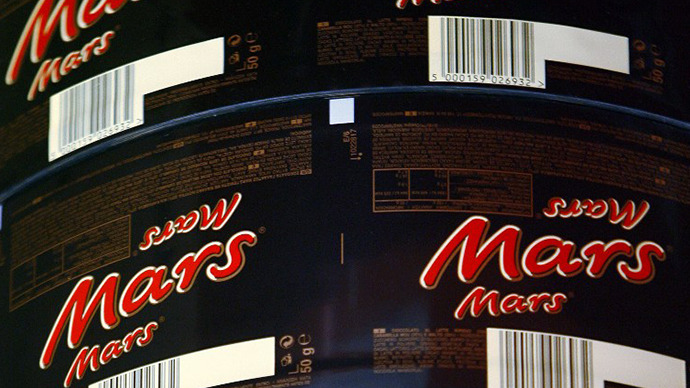
Two food giants and a network of independent wholesalers have been blamed for the price-fixing of popular chocolate bars in Canada. A third company, Hershey’s Canada, could avoid fines for pleading guilty and cooperating with an investigation.
The alleged price-fixing involved chocolate bars sold across
Canada from 2002 to 2008, including Kit Kat, Coffee Crisp, Aero,
Twix, Snickers, Bounty and M&Ms, a spokesman for the
Competition Bureau, Pierre Yves Guay, told AFP.
"It's difficult, however, to estimate the amount of the
overcharging because of the complexity of the pricing in that
market," he said.
Competition Commissioner John Pecman called their alleged actions
"egregious anti-competitive behavior that harms Canadian
consumers" and "a serious criminal offense”, according
to reports.
Three individuals were also charged: Robert Leonidas, former
President of Nestle Canada; Sandra Martinez, former President of
Confectionery for Nestlé Canada; and David Glenn Stevens,
President and CEO of ITWAL, Reuters reports.
The accused face a possible fine of up to $10 million and/or
imprisonment for a term of up to five years.
Officials said Hershey Canada has cooperated with its
investigation and agreed to plead guilty at a hearing on June 21
in exchange for leniency, the Economic Times writes.
In its statement Hershey expressed regret for its actions and
blamed workers who had already left the company.
"The current Hershey Canada senior management team as well as
The Hershey Company and its management had no involvement in this
conduct," Reuters quotes the statement.
Both Mars and Nestle say they intend to "vigorously
defend" themselves against the allegations, Reuters
reports. Nestle Canada said on its website that it
operates “with the highest ethical business standards.”
Earlier this year, Nestle was fined, along with 10 other
chocolate and confectionery companies, a total of 60 million
euros ($83 million) for similar chocolate price-fixing in
Germany.
A Mars subsidiary avoided penalties by cooperating with German
authorities, AFP reports.


